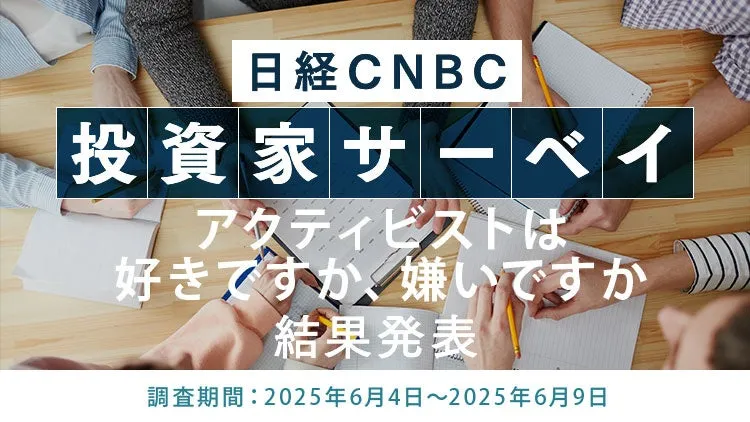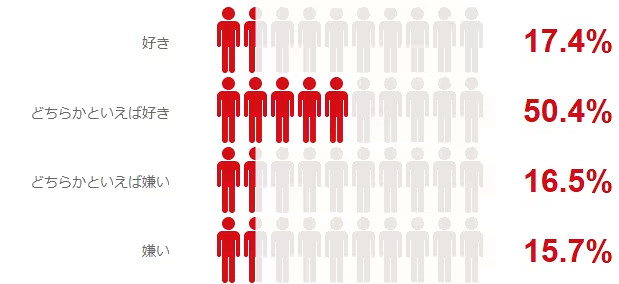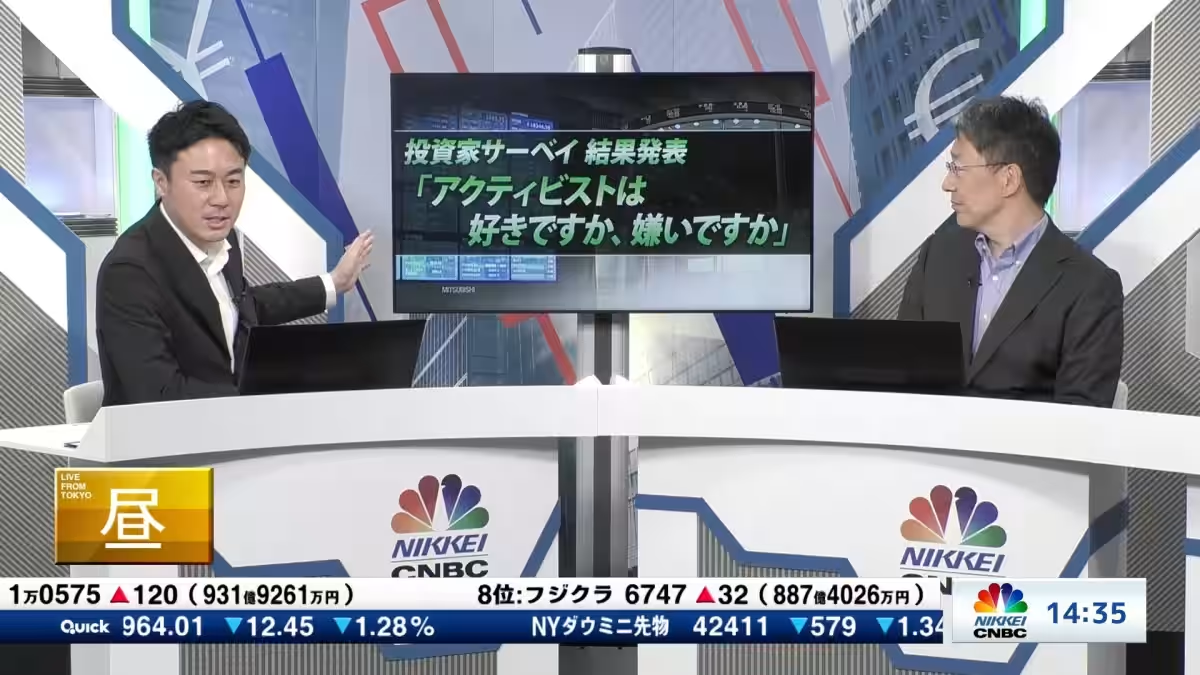

Activist Investors: Growing Acceptance Among Japanese Investors Revealed
Activist Investors: A Change in Investor Sentiment in Japan
Recent findings from a survey conducted by Nikkei CNBC reveal a significant shift among Japanese investors regarding activist investors. The survey was carried out between June 4 and June 9, 2025, targeting individuals actively engaged in investment. The results showed that 67.8% of investors responded positively or somewhat positively towards activists, suggesting a growing acceptance of their presence in the Japanese market.
The survey asked respondents about their feelings towards activists—shareholders who take an active role in influencing company management decisions. Given the increasing prominence of these investors in Japan, particularly as the annual general meetings of publicly listed companies approach their peak in late June, the responses may indicate a crucial turning point in this discourse.
Survey Insights
The four options provided to survey participants included:
1. I like activists.
2. I somewhat like activists.
3. I somewhat dislike activists.
4. I dislike activists.
In the latest segment of the "Afternoon Express" aired on June 13, Nikkei CNBC presenters, Kiyoshi Matsumoto and Tomoya Okamura, discussed the findings and their implications. Matsumoto highlighted that twenty years ago, activists were largely seen negatively, but recent survey results indicate a fundamental change in investor attitudes.
Okamura further explained that investors may appreciate the tangible results that can arise from activist proposals, especially when they lead to positive changes in corporate governance, such as enhanced shareholder returns.
Comments from Respondents
The survey included a section for comments, revealing deeper insights into the sentiments of investors:
Those Who Favor Activists:
- - One investor noted that activists have been instrumental in pushing for improved shareholder return strategies amidst a challenging environment where individual shareholders often feel unheard.
- - Another comment emphasized the necessity of activists for enhancing corporate governance, stating that their criticism can lead to constructive improvements, thereby fostering growth for companies.
Neutral Supporters:
- - Respondents identifying themselves as somewhat supportive expressed a mix of appreciation and concern, explaining that while activist stocks tend to rise, the short-term pressure can complicate decision-making for shareholders.
- - Some pointed out that while companies are owned by shareholders, they also bear responsibilities towards employees, cautioning against profit-driven demands that could negatively impact staff welfare.
Dissenting Opinions:
- - On the contrary, those who view activists unfavorably brought up concerns regarding short-term perspectives taken by these investors, suggesting that they often lack proposals aimed at long-term sustainability.
- - A notable critique focused on the implications of activist pressures on companies, suggesting that employee welfare and broader corporate missions might be neglected as firms prioritize shareholder demands.
A New Era for Japanese Corporations?
With the landscape of投资 increasingly influenced by a global perspective, the survey indicates that Japanese investors are beginning to align with a more diverse range of viewpoints. As corporations brace themselves for future shareholder meetings, the questions surrounding activist interventions will become critical in reshaping the business strategies of many companies in Japan.
This shift could represent a significant change for corporate governance in Japan, where cultural approaches towards investors have traditionally been more conservative. The voices of activists may continue to grow louder, paving the way for new dynamics in stakeholder engagement and corporate accountability.
Conclusion
As the influence of activist investors continues to evolve, it will be fascinating to observe how Japanese businesses adapt to these challenges and opportunities in the coming years. With the recent acceptance of activists by a significant portion of investors, we might witness a transformative period in the corporate landscape of Japan.
For more details on the survey and results, visit the Nikkei CNBC website.



Topics Financial Services & Investing)










【About Using Articles】
You can freely use the title and article content by linking to the page where the article is posted.
※ Images cannot be used.
【About Links】
Links are free to use.